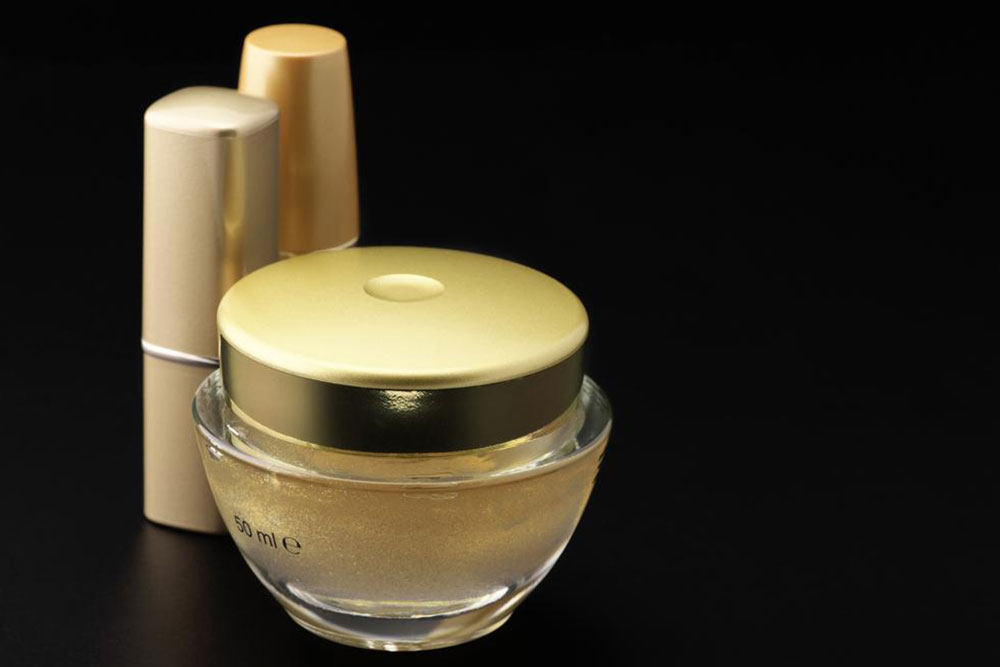Essential Tips for Caring for Sensitive Skin
Discover five effective strategies to care for sensitive skin, including choosing gentle products, moisturizing properly, and reading labels carefully. These tips help prevent irritation, redness, and breakouts, ensuring healthier skin. Tailored skincare routines are essential for sensitive skin types, and selecting low-chemical formulations offers added protection. Be vigilant with product labels and avoid unregulated hypoallergenic options for optimal results. Implementing these simple tips can significantly improve skin comfort and appearance.
Sponsored

As the largest organ in the human body, the skin covers about 22 square feet and varies in thickness from 0.05 mm to 1.5 mm, representing roughly 16% of total body weight. Maintaining healthy skin requires careful attention, especially since individual skin types react differently to environmental factors. Those with sensitive skin must exercise extra caution, as external triggers can lead to discomfort or damage.
Recognizing the symptoms of sensitive skin is crucial. Common signs include redness, rashes, quick reactions to skincare products, dryness, itchiness, weather sensitivity, and acne outbreaks. Establishing a targeted skincare routine helps prevent problems like irritation and breakouts.
Choose gentle, low-chemical products
Many skincare items contain chemicals that can irritate sensitive skin. Opt for products with low chemical concentrations, often indicated on the label. Dermatologists recommend gentle formulas, especially those with less than 2.5% Benzoyl Peroxide, for acne-prone, sensitive skin.
Avoid unregulated hypoallergenic products
Hypoallergenic labels are not strictly regulated, posing risks of undisclosed ingredients that may cause reactions. Be cautious and research thoroughly before purchasing for sensitive skin.
Seek irritation-free alternatives
Look for formulations based on ingredients like retinyl propionate or palmitate, which are gentler than retinol. Finding products with soothing, irritation-free ingredients ensures a safer skincare routine.
Moisturize consistently
Dehydration often triggers skin irritation and oil overproduction. Regular use of mild moisturizers helps restore skin hydration, reducing irritation and protecting against UV rays with SPF 30 sunscreens.
Carefully review product labels
Reading labels carefully ensures you select suitable products. Although ingredient names may be technical, online resources can help decode them to make informed choices for sensitive skin.






